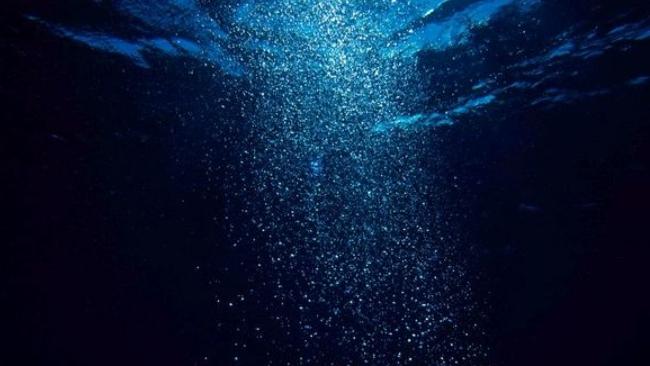A recent study published in the journal Nature Communications by British climatologists at the University of Exeter has revealed that the population of the “twilight zone” in the ocean may decrease by 20-40% in the near future, as a result of the increase in marine microbial activity.
The layer of the World Ocean known as the “twilight zone” is characterized by the presence of organic matter such as various microbes, animals, and organic remains that descend to depths of 200-1,000 meters from the upper layers of the hydrosphere. This unique ecosystem has adapted to life in near-complete darkness. However, recent research suggests that it may become one of the most severely impacted ecosystems of climate change in the coming decades. This conclusion was drawn from the analysis of marine rock deposits formed in the deep-sea regions of the oceans approximately 50 and 15 million years ago.
The researchers conducted a comparison of the concentration of organic molecules and the frequency of shell and body impressions of organisms living in the “twilight zone” during two distinct time periods, as well as in deposits from colder eras.
The analysis revealed that during both the 50 million and 15 million year periods, the concentration of organic remains and evidence of organisms associated with the “twilight zone” were lower compared to other eras. The researchers hypothesize that this is a result of warming ocean temperatures and increased microbial activity responsible for breaking down organic matter that sinks to the ocean floor. As a result, this reduces the availability of food and oxygen for organisms inhabiting the depths.
Incorporating the characteristics of the “twilight zone” into their mathematical models of modern climate, climatologists have predicted the state of this layer of the World Ocean in the near future. According to their calculations, the volume of organic matter sinking to the “twilight zone” and the population of its inhabitants will decrease by 20-40% over the next few decades, and in one to two centuries, less than half of its organisms will remain.
Professor Pearson and his team assert that this decline will have a detrimental impact on the organic matter cycle in the hydrosphere, as well as the functioning of ecosystems throughout the entire World Ocean. This may exacerbate or trigger the extinction of various marine animals and plants.

